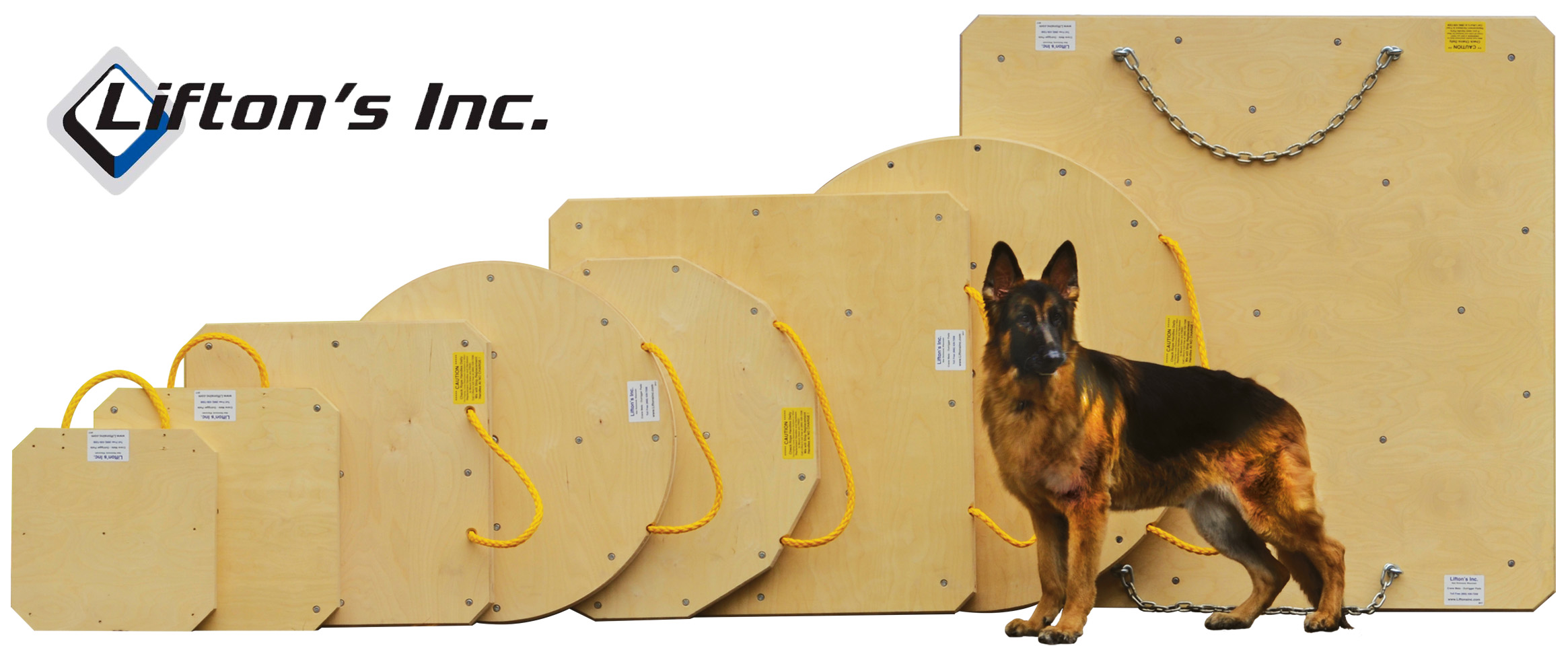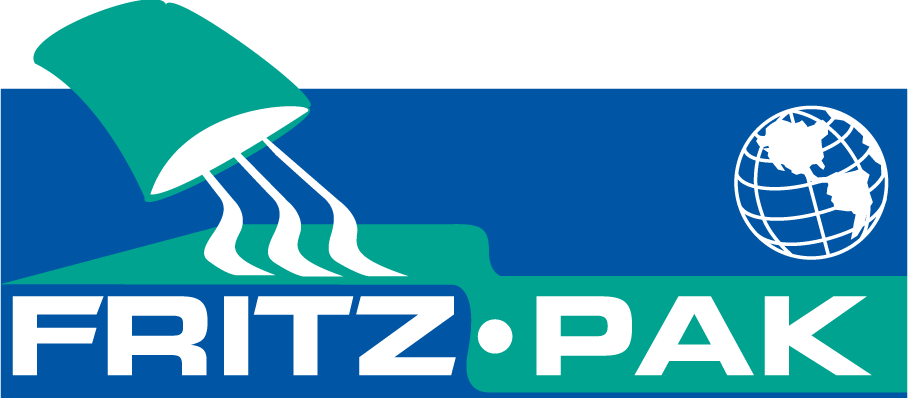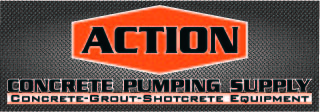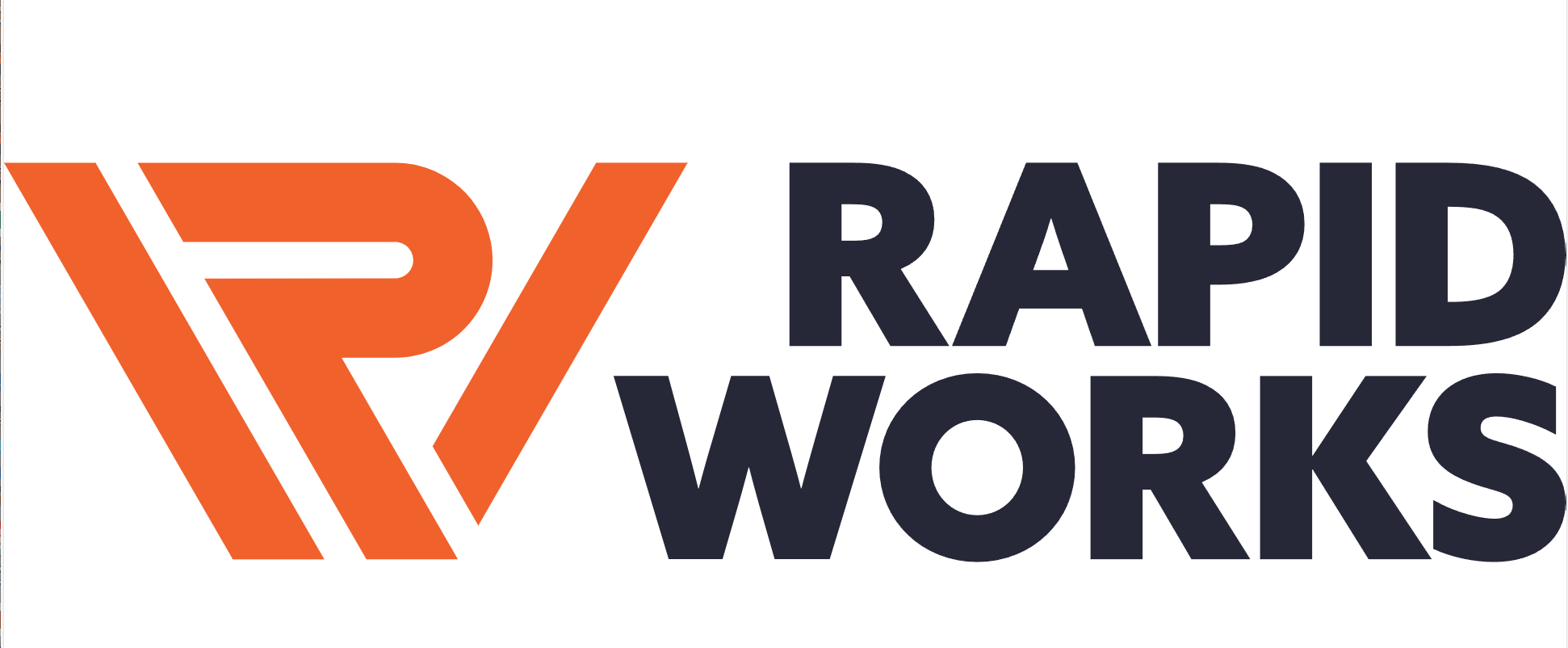| Todd | 02-06-2012 | comment profile send pm notify |
Will Europe yank the begging bowl?http://www.smh.com.au/business/world-business/will-europe-yank-the-begging-bowl-20120206-1r0qz.html The global debt crisis has reduced many national leaders into mere peddlers of their countries' bonds. Not even the most powerful ones have been spared from this indignity. The US Treasury Secretary Timothy Geithner was ridiculed recently by Chinese undergraduates when he told them that "Chinese assets (in dollar) are very safe." Germany's iron lady Angela Merkel became the latest target when she was in China last week.
Although the German Chancellor was accorded with much respect by the Chinese leaders, the nationalist tabloid - the Global Times relished the opportunity to enjoy a shade of schadenfreunde at Merkel's expense.
She was featured in a rather unflattering cartoon with the caption "A little help." A poker-faced Merkel was depicted knocking on the Chinese imperial gate for a handout with her problem child in hand - the Euro. The latter, a sad-looking rascal with patches all over its body and carrying an old hat for spare change.
The caricature might come as an insult for Germans who have no need themselves for Chinese money and their platinum-plated government bonds pretty much sell themselves. However, there is a grain of truth in the caricature.
Europeans and including the Germans are desperately hunting for new investors in the euro zone rescue fund - the European Financial Stability Facility. China's $US3.2 trillion reserves loom as manna from the heavenly kingdom.
Before Ms Merkel left for China, a senior German official made it clear that "Chinese investments are expressly welcome. They will be sought, used and appreciated," according to Der Spiegel, a German magazine.
Chinese knight
There are still hopes in Europe that China will play the role of a knight in shining armour - or the cultural equivalent in East Asia - who would come to the rescue of a distressed European damsel.
So far, the Chinese have been reluctant to don the armour. French president Nicholas Sarkozy and the new CEO of the rescue fund Klaus Regling both returned from Beijing empty-handed and somewhat embarrassed.
Ms Merkel didn't fare much better from her trip. The headline of the Suedeustche Zeitung reads "Beijing has nothing to gift."
However, the Chinese Premier Wen Jiabao did raise the prospect that China may be willing to lend a helping hand to resolve the euro zone crisis.
Diamonds in the rough
The Chinese might have a limited appetite for the euro zone rescue fund or the increasingly risky government bonds issued by Portugal, Italy, Greece and Spain, collectively known as the PIGS. However, Beijing is very keen on high-quality and distressed assets from the formerly powerful continent.
The storied brands and technology are much sought after by the Chinese investors, for starters.
Germany is the ideal hunting ground for Chinese industrial companies looking to scale the food chain in the cut-throat world of engineering business.
In fact, just before Ms Merkel left for Beijing, the richest Chinese industrialist grabbed one of the crown jewels of the German industry.
Liang Wengen, chairman of China's largest construction equipment maker - Sany Heavy Industry - bought Putzmeister, a German engineering firm that makes high-quality concrete pumps for a cool 500 million euro.
The money involved in this transaction might seem trivial in the world of mega-takeovers, but its significance lies in the fact the Chinese companies are taking their battles to the industrial heartland of Germany.
Putzmeister is part of the famous Mittelstand, a legion of small and medium-sized family-owned firms that is widely regarded as the backbone of the German industrial machine.
Putzmeister's truck-mounted pumps, for instance, were used in the cooling of the Fukushima nuclear reactors.
'Most dangerous'
"In my view Chinese companies are by far the most dangerous competitors to Germany, because they are at their most effective in the core sectors of German industry such as machinery, engineering and technology," said Hermann Simon, Chairman of the international consultancy Simon-Kucher & Partners, according to the Financial Times.
"Putzmeister-Sany may only be the first of a whole string of Mittelstand deals."
The deal has been embroiled in controversy in Germany, with more than 700 employees of Putzmeister protesting against the deal, according to Stuttgarter Zeitung, the local German newspaper. The company employs over 1300 workers in Germany.
In recent times, Chinese companies have swallowed up everything from Swedish car maker Volvo to vineyards in Bordeaux.
Chinese state-owned banking giants are setting up shop around the venerable Bank of England, Britain's central bank.
So far, European governments have embraced the Chinese investments with open arms. It will be interesting, though, to see how long the welcome mat remains rolled out before populist sentiment against Chinese investment gains momentum.
Peter Cai is BusinessDay's Asian Affairs reporter
|
||
| Todd | 02-06-2012 | reply profile send pm notify |
China's Sany to acquire PutzmeisterChina has laid claim to a pillar of German industry after Sany Heavy Industry, the country’s largest construction equipment group, said it would acquire Putzmeister, a Mittelstand company that makes high-tech concrete pumps. The deal is among the largest in which a Chinese company acquires one of the family-owned, niche-focused, German engineering groups – the backbone of the German economy. The term Mittelstand covers Germany’s legion of small and medium-sized family groups.
Sany, whose chairman is China’s richest man, and Citic PE Advisors, a Chinese private equity company, will acquire all of Putzmeister, with Citic retaining a minority shareholding. Sany and Citic will pay €360m for the business, as well as taking on Putzmeister’s debt, giving the company an enterprise value of just over €500m.* Sany will pay 90 per cent and Citic Capital 10 per cent. The Mittelstand’s engineering prowess and strong brands are highly attractive to potential foreign suitors but tight family control has been a barrier to widespread Chinese takeovers in Germany. The deal could herald a new era of Chinese dealmaking in Europe as Chinese companies look to “go global” and reduce their exposure to their domestic economy. Zoomlion, Sany’s Chinese rival, bought Italy’s concrete pumps maker Cifa in 2009. Other German Mittelstand companies now in Chinese hands include Waldrich Coburg, a maker of milling machines, and Dürrkopp Adler, a maker of sewing machines. “There will be surprise that a former star of the German economy and a hidden champion has been taken over by the Chinese. It’s a wake-up call,” said Hermann Simon, chairman of Simon-Kucher & Partners, a German consultancy. “There is still a perception that Chinese companies produce only cheap wares. Sany is different – they are the vanguard of new Chinese competition.” Sany had €800m equivalent cash at hand before the deal and is funding the purchase straight off its balance sheet, according to a person familiar with the company. It is Sany’s first ever deal abroad as it looks towards becoming a global player in this sector and add to the overseas sales it has generated organically. The group has looked at a number of acquisitions in the past couple of years, but not managed to pull one off yet, according to the person. The company, which listed a smaller international arm in Hong Kong last year, is itself listed in Shanghai and has grown extremely rapidly in recent years. It reported revenues of almost Rmb34bn (€4.1bn) in 2010 and net income before taxes of Rmb6.94bn. Sales in 2010 were almost 80 per cent ahead of the Rmb18.98bn reported for 2009 and more than treble Rmb9bn of 2007. In 2009 Sany, which makes a wide range of machinery from excavators to mobile cranes, overtook Putzmeister as the world’s largest concrete pumps manufacturer by sales. The Shanghai-listed company – often referred to as China’s Caterpillar – wants to build a global Chinese construction equipment brand and already has plants in the US, Brazil, India and Germany. But most of its sales are still at home, where government measures have cooled the property market and reduced demand for construction equipment. In Europe, Sany has until now lacked a large sales and service network and established brand name. Last year Sany opened a greenfield €100m research and development plant near Cologne – the biggest Chinese corporate investment in Europe – explaining that if it wanted to become a world-class company it needed to reach the best global manufacturing and engineering talent. Putzmeister, based near Stuttgart, has about 3,000 employees. Revenues reached a record €1bn in 2007 but fell by about half during 2008 and 2009, leading to hundreds of job cuts. Although the company has returned to growth and profitability, revenues last year were about €570m. A person close to the deal said Karl Schlecht, 79, the company’s founder, had trouble finding a successor and therefore sought an investor. Putzmeister’s truck-mounted boom pumps – normally used to pour concrete for new bridges or high-rise buildings – were used to help cool the Fukushima nuclear reactor. Putzmeister pumps were also used in the construction of Burj Khalifa, the world’s tallest building. Putzmeister’s headquarters is set to become Sany’s global non-Chinese centre for concrete equipment and will have a high degree of autonomy, the parties said. Sany will continue to focus on the Chinese market. Liang Wengen, Sany’s chairman, said: “With this merger, Putzmeister and Sany will create a new and global market leader for concrete pumps.” Mr Schlecht said: “This merger is a global showcase transaction. Sany is one of the few large Chinese conglomerates which is personally operated by the founder, who is also the majority shareholder. “[Liang Wengen] not only shares our entrepreneurial spirit, but also Putzmeister’s vision and corporate values.” The transaction is subject to approval by regulatory authorities. Morgan Stanley advised Putzmeister. Additional reporting by Paul J Davies
http://www.ft.com/intl/cms/s/0/7aecad0a-4a5e-11e1-a11e-00144feabdc0.html#axzz1lcJoLrD1 |
||
| Todd | 02-06-2012 | reply profile send pm notify |
|
A Sign of Mittelstand Deals to come.
By Hermann Simon of Simon-Kucher For many years, Putzmeister was one of my favorite ‘hidden champions’ – little-known German companies which are world famous in their industries. The concrete pump-maker’s equipment was used at Burj Chalifa, the tallest building in the world, and at the 2011 Fukushima nuclear power plantdisaster site, just as it was at Chernobyl 25 years earlier. But now Putzmeister’s days as an independent business are over, following the announcement this week of its planned acquisition for €360m by its huge Chinese rival, Sany Heavy Industry. Should we lament the loss of a proud member of the Mittelstand? Or should we be glad that a financially-vulnerable company with top-class technology has a solid backer? And what does the deal say about the Mittelstand’s future? I have followed Putzmeister for 26 years and often been in contact with Putzmeister’s founder Karl Schlecht. I was as proud of this German star as he was. I first visited the concrete pump factory of Sany, in Changsha, only two years ago. The first surprise, and a sign of what else I could expect, was that I was picked up in a Maybach limousine. At the factory I was surprised to see Mercedes and Volvo truck chassis lined up throughout the site. I was told, “We install our concrete pumps only in the best trucks in the world.” Continuing the tour, I saw diesel motors from Deutz, hydraulics from Bosch Rexroth and controllers from Siemens. Once again, I was informed, “We only use the best components in the world.” Shortly afterwards I heard that Sany was planning to open a plant in Germany. I talked with Sany’s head of Europe, whom I had met in Changsha, and asked him why they had chosen such an expensive location. His answer: “We want to attain world-class status, so we have to be present in the best production location in the world.” In the summer of 2011, Sany opened the first European greenfield factory of any Chinese company near Cologne. And it was in Cologne this week that I learned that Sany had bought Putzmeister. I was absolutely speechless. This news would have been unthinkable just a few years ago. How could it happen? The drama appears to have started during the financial crisis in 2009, when Putzmeister’s revenues plummeted by almost 56 percent relative to the maximum attained in 2007/8. In the same time Sany’s revenue for concrete pumps soared by 54%. Sany is now incomparably bigger than Putzmeister. The German company, with 3,000 employees, made estimated profits of €6m on sales of $560m in 2010, according to Bloomberg. Sany a heavy engineering group with 70,000 on the payroll, says on its website that it had annual sales of Rmb50bn in 2010. In the first half of 2011, Sany Heavy Industry, its main operating arm, reported net profits of Rmb5.9bn on sales of Rmb30.4bn, including Rmb15.8bn in concrete machinery. Concrete machinery sales were 50 per cent up, following an 80 per cent gain in 2010, according to Bloomberg. In reality, however, it all began much earlier than that. Here I quote Dr. Deng Di[3], who was appointed the first manager of Sany’s international marketing department back in 1998 when Sany’s revenue stood at 50m euros .Putzmeister crossed 240m euros in the same year. On January 29, 2012 he mailed to me: “In the late 1990s Putzmeister and Schwing [Schwing, a German company based in Herne, is the number two in concrete pumps] held two-thirds of China’s concrete pump market. China was by far the largest consumer of concrete in the world. But by 2004 the combined market share of the two German companies had dropped to less than 5 per cent….China accounts for 60 percent of worldwide concrete consumption today. There is no way that a company which loses in the world’s most important battlefield can win the global competition.” This lesson should not be underestimated. All German companies, especially the hidden champions, are strongly urged to remember that market leaders who lose their top spot in their most important market (whichever country that might be for a particular product) will at some point also lose their global market leadership. Exactly a year ago, I was communicating with Karl Schlecht about a possible acquisition and IPO.“That won’t happen to us,” he said. “We’re going to continue on our own path, and we’ll do it alone.” Things didn’t turn out that way. Sany is buying Putzmeister in partnership with the private equity arm of Citic, a Chinese investment broking group, which is taking a 10 per cent stake against Sany’s 90 per cent. But in my view the takeover will not be bad for Putzmeister. The two companies are a good match, and if the managers can get along we could see the first Chinese-German success story. The deal may contain another lesson for the future. It could be that many companies are only now starting to feel the long-term impact of the financial crisis. If so, Sany-Putzmeister is a forerunner for many other deals to come. Chinese and Indian companies will play a leading role in many of these deals. In my view Chinese companies are by far the most dangerous competitors to Germany, because they are at their most effective in the core sectors of German industry such as machinery, engineering and technology. According to Dr. Deng Di, “The Sany-Putzmeister deal makes more sense and carries more symbolism than when Lenovo from China acquired IBM’s personal computer business. For IBM this was no longer a core business. Putzmeister, however, is a typical German hidden champion focused on one product, namely concrete pumps, and remains the global technology leader. Chinese industrial goods manufacturers such as Sany and its competitor Zoomlion – another rapidly growing construction machinery company from the same city of Changsha– are far more successful internationally than the Chinese consumer goods manufacturers that mainly sell low-price products, such as TCL in consumer electronics and Haier in domestic appliances.” Dr Deng Di adds, “Huawei and ZTE, both from Shenzhen, are two other rising stars in the industrial goods sector. The telecommunications supplier Huawei has been the world leader in patent applications since 2009. It overtook Siemens, which held the top spot for many decades before that.” This is where we come full circle. Chinese and German industrial goods manufacturers may well be a good match for each other, as exemplified by Sany and Putzmeister. Strikingly, 68 percent of China’s huge export volume comes from companies with fewer than 2,000 employees. Doesn’t this remind us of Germany, where the hidden champions of a similar size are the true spearheads of the country’s export prowess? Putzmeister-Sany may only be the first of a whole string of Mittelstand deals. Hermann Simon is the Chairman of the international consultancy Simon-Kucher & Partners.
|
||
| Todd | 02-06-2012 | reply profile send pm notify |
Sany Heavy Industry, CITIC PE Advisors to Take Over Putzmeistery Shen Hong of Dow Jones Newswires SHANGHAI – Sany Heavy Industry Co., a construction group owned by China’s richest man, and private equity firm CITIC PE Advisors (Hong Kong) Ltd. have agreed to jointly acquire Putzmeister Holding, a German manufacturer of high-tech concrete pumps. The deal marks the latest and rather bold step taken by the Changsha-based Sany group, one of China’s most acquisitive firms, to expand its fast-growing global presence. The rare Sino-German transaction, which Putzmeister described as the largest of its kind to date, also signals growing appetite among cash rich and ambitious Chinese firms in investing in a financially troubled continent where assets are looking increasingly like good bargains. In a statement dated Friday, Putzmeister, a family-owned business headquartered in Aichtal, Germany, said that after its merger with Sany, CITIC PE Advisors will be a minority shareholder of the company. It added that both Sany and Putzmeister have agreed not to disclose the financial terms of the transaction. The final closing of the deal is subject to approval by the relevant authorities, it said. While Sany’s financial strength helps brighten Putzmeister’s growth prospects, the deal will give the Chinese construction group a strong distribution and service network overseas, the Germany firm said. “With this merger Putzmeister and Sany (it) will create a new and global market leader for concrete pumps,” the statement quoted Liang Wengen, Sany’s chairman and founder, as saying. Liang, an extremely low-key construction tycoon, topped Forbes magazine’s annual list of China’s richest people list with a wealth of $9.3 billion last year, moving up from third place in 2010. After the takeover, Putzmeister will remain an independent brand with its own management within the Sany group, Liang said. In a rare interview in September, Sany group’s president Tang Xiuguo said that the heavy-equipment maker is considering acquisitions in Europe, the U.S., India and Brazil. “We want to cooperate with local companies. We are also paying close attention to the Middle East and Africa,” Tang said, adding that the building of factories overseas would help Sany alleviate the effects of a rising yuan. Putzmeister said its own headquarters in Aichtal, Germany will become Sany’s new global headquarters for concrete machinery. “Sany will focus on operations in China where Putzmeister will continue to be the premium brand,” it said. Norbert Scheuch will remain Putzmeister’s chief executive after the takeover, the German firm said.
|
||
| Todd | 02-06-2012 | reply profile send pm notify |
|
Putzmeister workers angry at Sany Deal.
Unless you have recently constructed a skyscraper or tried to cool a fizzling Japanese nuclear plant it’s fair to assume that Putzmeister, a German maker of concrete pumps, is not a familiar name. Yet news that Putzmeister, whose pumps were used at Fukushima, is set to be acquired by China’s Sany Heavy Industry has put the Mittelstand company, based near Stuttgart, firmly on the map. The deal has caused a bit of a stir in Swabia, where Mittelstand companies – the small and medium sized, niche-focussed businesses that form the backbone of the Germany economy– are revered and were previously thought largely invulnerable to Chinese takeover. Hundreds of workers protested in front of Putzmeister’s headquarters on Monday, fearful of job losses and furious that they had been kept in the dark over the deal with Sany, China’s answer to Caterpillar. This is by no means the first Chinese takeover in Germany of course. Waldrich Coburg, a maker of milling machines, and Dürrkopp Adler, a maker of sewing machines, both fell into Chinese hands some years ago. Last year Chinese PC-maker Lenovo acquired Medion, a German computer and consumer-electronics maker and earlier this month LDK Solar bought Germany’s Sunways. Still, few Sino-German deals rival the size or symbolism of Putzmeister, a company founded in 1958 by engineer Karl Schlecht, who by 2007 had built a €1bn revenue company from his magical mortar machines. For Sany the rationale behind the deal is clear. Already the market leader in China, where the property market is cooling, Sany is buying a premium European brand name with an established sales network and cutting edge technology. Sany is already well-established in Germany having last year opened its own facility near Cologne – a first greenfield investment by a Chinese company in Germany. There is greater surprise however that Schlecht, 79, has decided to part with his life’s work for a rumoured mid treble-digit million euro sum. Although Putzmeister ran into difficulties during the 2008-9 crisis when revenues plunged by more than half, it has since returned to growth and profitability, with sales last year of around €570m. However, a person close to the deal told the FT that Schlecht had been unable to find a successor and so had opted instead to sell to Sany, whose founder Liang Wengen is China’s richest man. German bankers will be rubbing their hands at the prospect of further takeovers in Germany’s industrial heartland but a flood of similar deals seems unlikely for now. Mittelstand companies are a proud bunch and few family owners are likely to relinquish the reins unless forced to through financial distress. But in laying claim to a pillar of German industry, Sany has made a bold statement about the country’s ambitions: the famed and thrifty Swabian hausfrau had better learn to cook Chinese. |
||










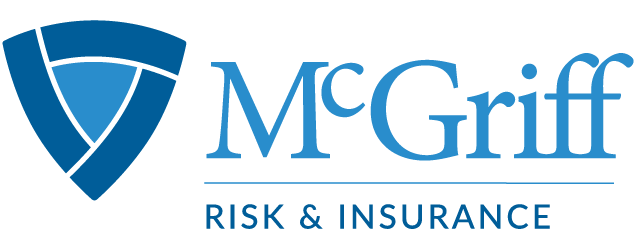





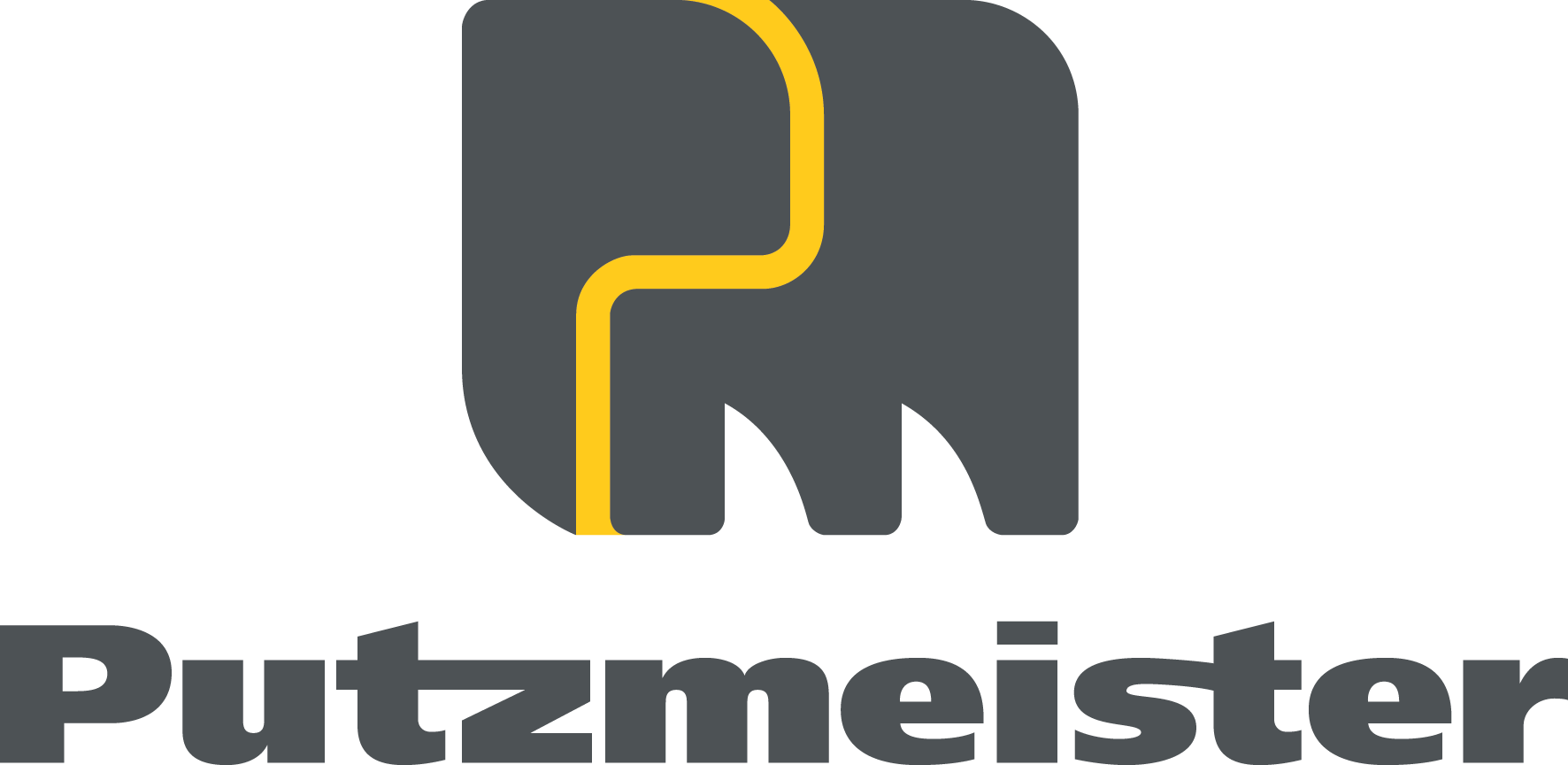



.jpg)
.gif)

.jpg)









.jpg)
